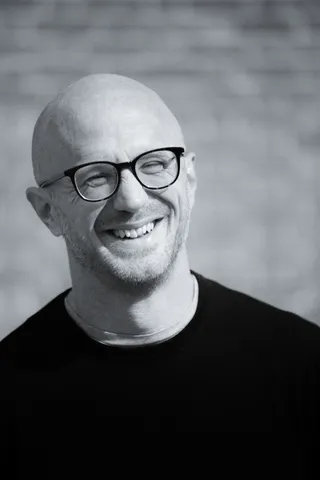End of Year Review, 2021
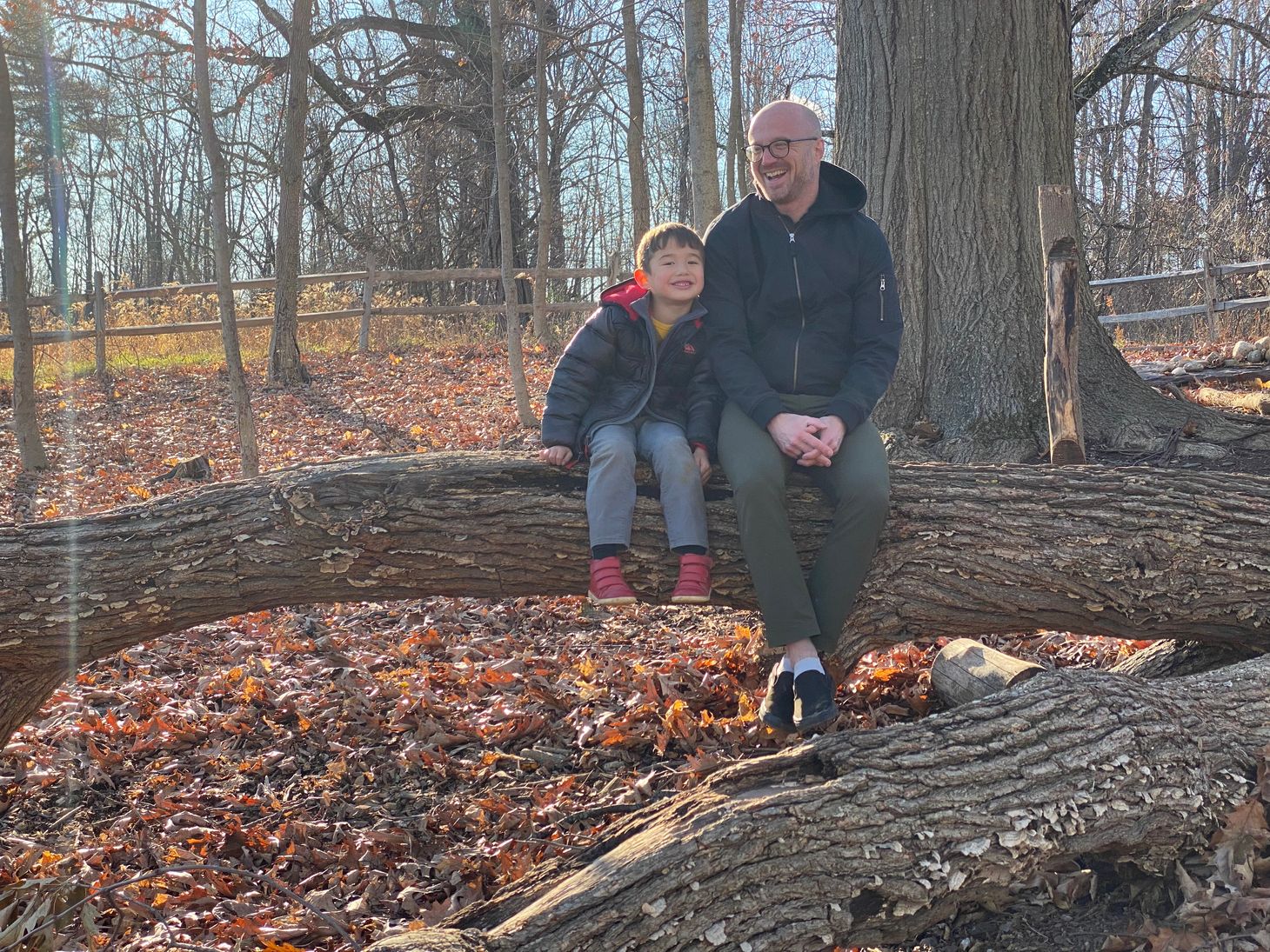
Better Questions is supported by readers like you. If you get value from my writing, consider becoming a supporting member. Exclusive content, weekly deep-dives, free beta-access to future courses and more. Thanks.
----
Warning: There's a few shirtless pics of me in the Health section. If you don't want to see those, don't...scroll down, I guess?
I will be honest - a part of me has been dreading this post.
2021 was one of the hardest, most painful years of my life. I thought 2020 was hard, but 2021 straight-up choke-slammed 2020 through a table.
It seemed like every area of my life had serious problems - usually, of my own making. I struggled to make progress, and instead found myself working hard just to avoid losing ground. The lockdowns and introversion of 2020 morphed into a strange claustrophobia, never sure if we were fully out of the woods, never sure if I needed a mask or not, everything seemingly better and yet still on the brink. I got the vaccine AND a booster, but still felt uncomfortable in crowds.
One of my strongest-held beliefs is that we need to stay connected to reality. Things happen, regardless of whether we want to face up to them or not. Knowledge, if it's available, only helps us - even if it's painful to receive.
Same goes for these reviews. In the painful years, the difficult years, the years of struggle, that's when we need this process most. There's more to learn from failure than from success, and becoming wiser about ourselves and the effect we have on the world can only make things better.
So. Enough stalling. Let's get into it.
I break my reviews into different general Areas. For now, I'm using Health, Wealth, and Happiness as the overarching categories.
HEALTH

2021 was a very strange year for me, health-wise.
On one hand, I got to my lowest body-fat percentage ever: sub 10%. This has been a personal goal for years, and I finally accomplished it.
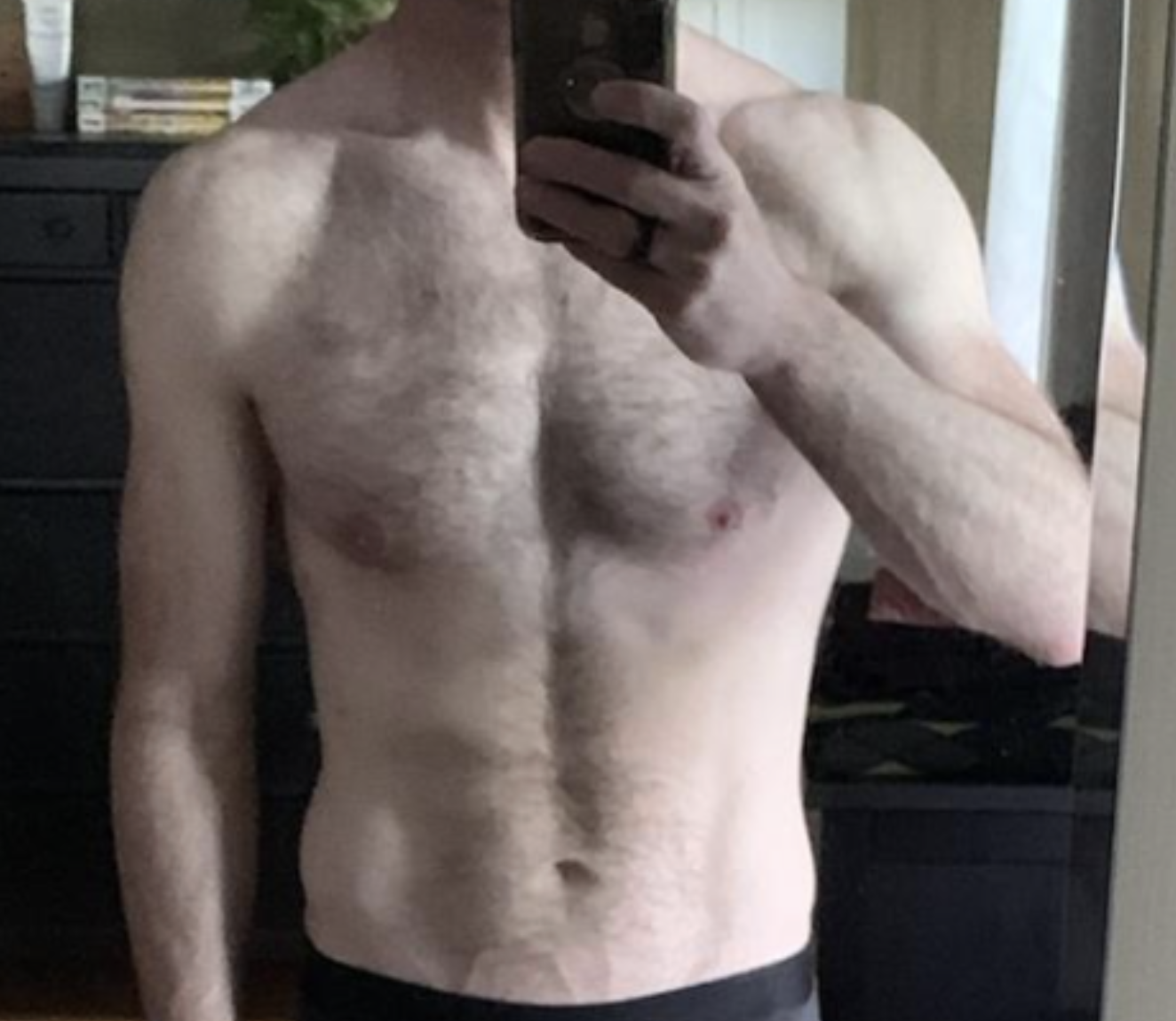
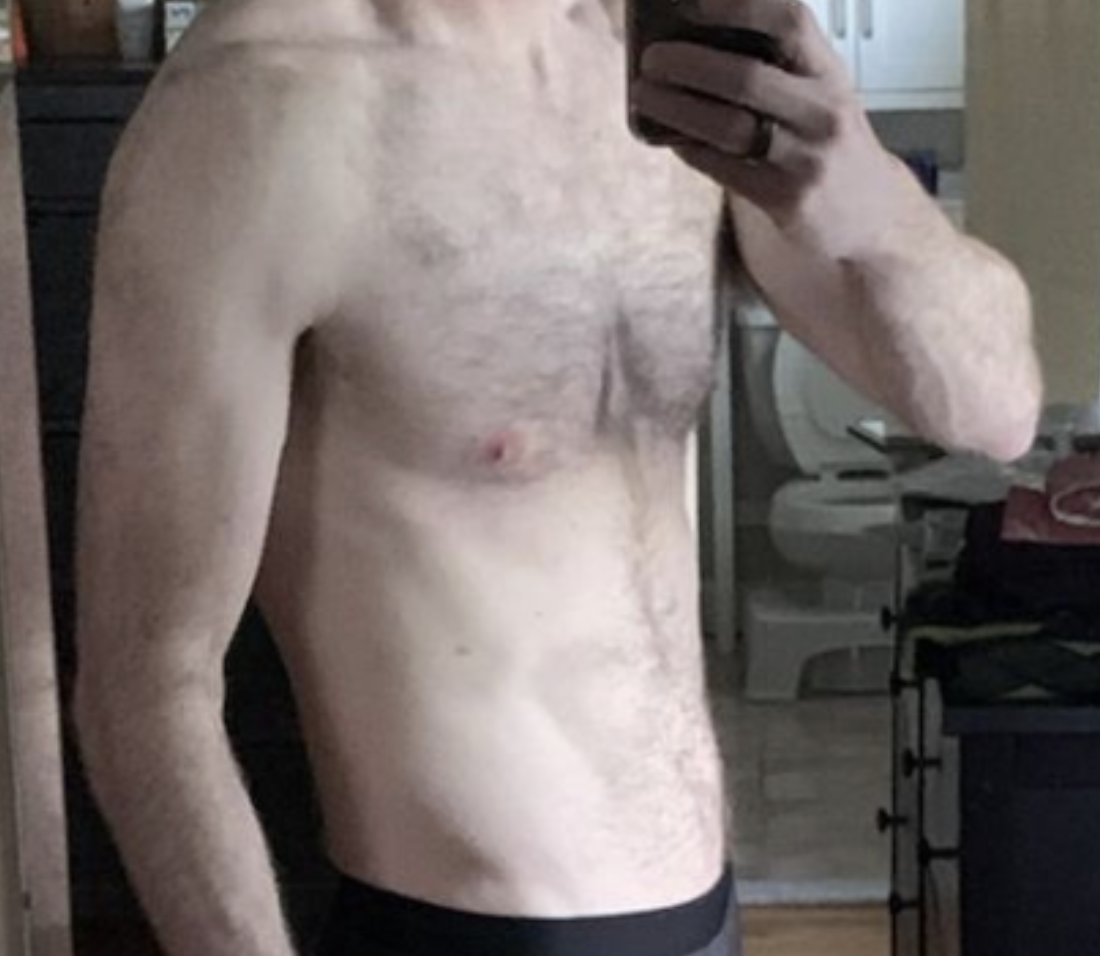
My weight at at that point was 152.5 lbs. I'd never been that lean before, and I liked how I looked in general, although I certainly noticed some muscle loss.
However, I am ending the year just about at 170. I don't have a recent picture for this one, as I stopped taking pictures over the holidays, but here are some from just before:
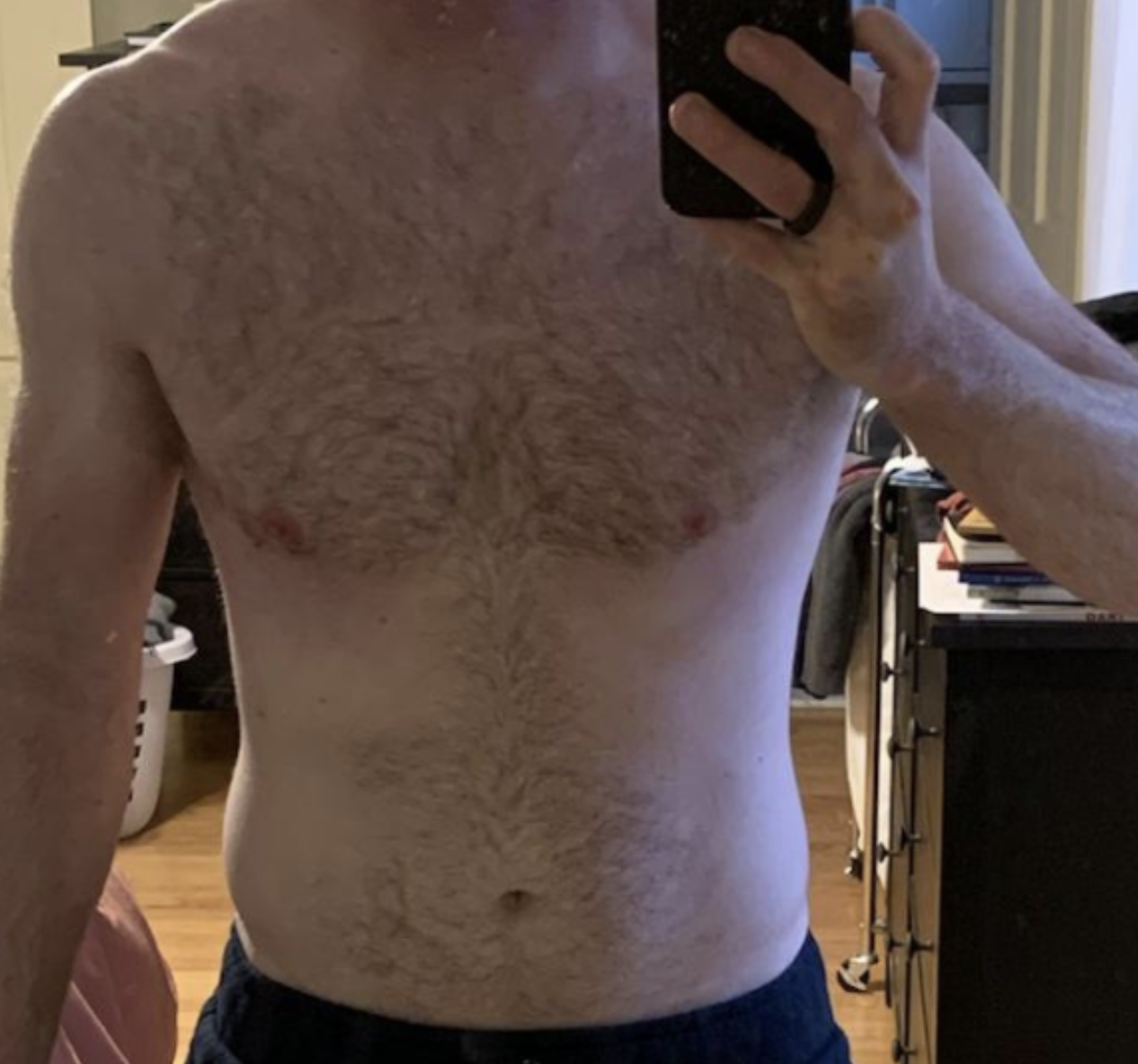
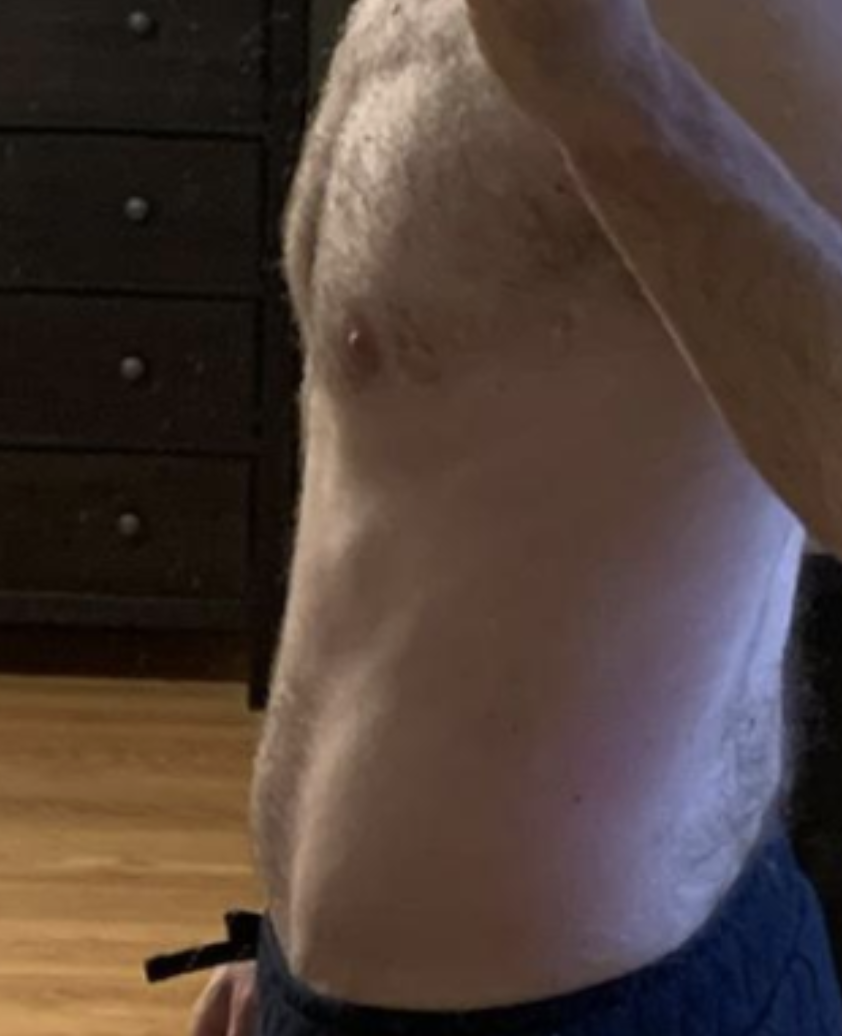
Why the change?
See this tweet of mine:
Your highest attainable state is not likely to be your highest MAINTAINABLE state
— Dan Barrett (@danbarrett316) September 21, 2021
Stop comparing your everyday to your greatest day
This is a critically important lesson to understand, so I'm going to belabor this point a bit (for my own benefit).
Let's zoom in a bit on the weight chart above, specifically when I started to get close to my leanest point:
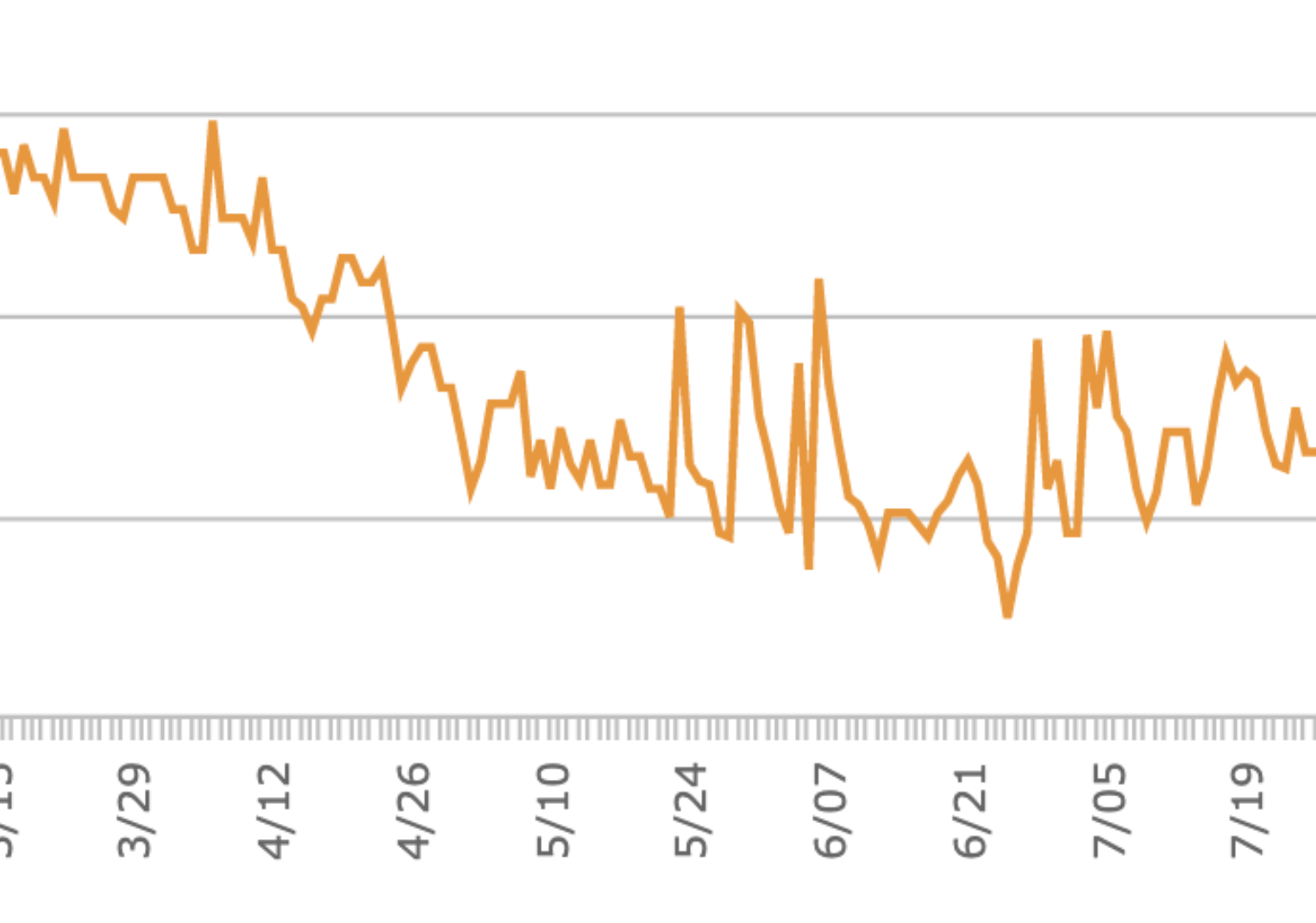
Notice anything?
The distance between the peaks and valleys of my weight starts to get more extreme as I approach my low point. In essence, the standard deviation increases.
Why? Because I was cutting weight. In early March I kicked off my weight cut by removing about 500 calories a day from my diet.
Early on the effect of this change was muted. As time went on, however, the effects became more and more dramatic. I had extremely low energy, often to the point of exhaustion. I had headaches. My mood changed; I was grumpy, no fun, and found myself yelling at the kids more often.
There were other effects I hadn't considered as well. For one, in order to avoid inflammatory foods I would make all my own meals. This meant I wasn't eating what the family ate, or what my wife cooked, which hurt her feelings in ways I hadn't anticipated. It also created a feeling of separation - it just felt like I wasn't "with" everyone somehow. I was off, doing my own thing.
To put this all in perspective, these changes were bad enough that they came up in couple's therapy. Yes, I was hitting my physical goals, but I was suffering to do it.
Back to the increase in deviation we noticed above. These physical and psychological pressures started to come out in the form of bingeing. In order to counteract the deprivation, I started to plan out "binge days" where I would eat obscene amounts of junk food. These weren't haphazard: I made plans ahead of time and considered them a way to stay on track long-term.
What I hadn't fully appreciated was the second-order effects of this kind of thing. By indulging sometimes, you train yourself to expect indulgence. I was essentially re-seeding an addiction to junk food that I had successfully gotten past a long time ago. This meant that even after my weight cut was over, I found myself turning to high-calorie foods for emotional comfort. Since I spent a lot of this year being stressed out of my mind, this added up to a lot of extra calories.
This oscillating back and forth between discipline and chaos took a LONG time to get under control. Eventually I brought back all my calories and then some, but I found that my ability to stay closely on plan (to weigh and track all my foods down to the gram) had been degraded.
So - what's my takeaway, from all this? A few things:
1. All plans have unintended consequences.
Garrett Hardin puts the iron law of ecology this way: You can never do just one thing.
Yes, you can get to a certain body fat percentage, but it'll cost you something. And those costs have costs, and those costs have costs, and so on. Second and third-order consequences are VERY hard to predict. I would not have guessed, for example, that getting to sub 10% body fat would have put strain on my marriage, but it did.
This isn't to say that you shouldn't ever do anything - too much ecological thinking can lead to complete inaction. But it's important to do as much thinking as you can ahead of time about what the possible downsides might be, and to plan accordingly.
2. Progress depends on what you track.
Be careful what metrics you optimize for.
If I judge my progress entirely on weight, then the best part of this year was June, when I hit my lowest weight.

But I was also miserable then. I was having brain fog every day, was angry all the time, and everyone in my family was pissed.
Clearly, optimizing for "lowest weight" doesn't make a lot of sense in terms of my overall life satisfaction. What point is there in being super-lean and miserable?
Instead, let's use a different metric: calories to body weight ratio.
My ultimate health goal is not to weigh as little as possible. It's to be as lean as possible while eating as much as possible. To measure that, I look at how many calories I am consuming at a given weight; the more calories to the less weight, the better.
On THAT chart, you see the ratio drop off when I'm around my lowest weight, and then rise towards the end of the year.
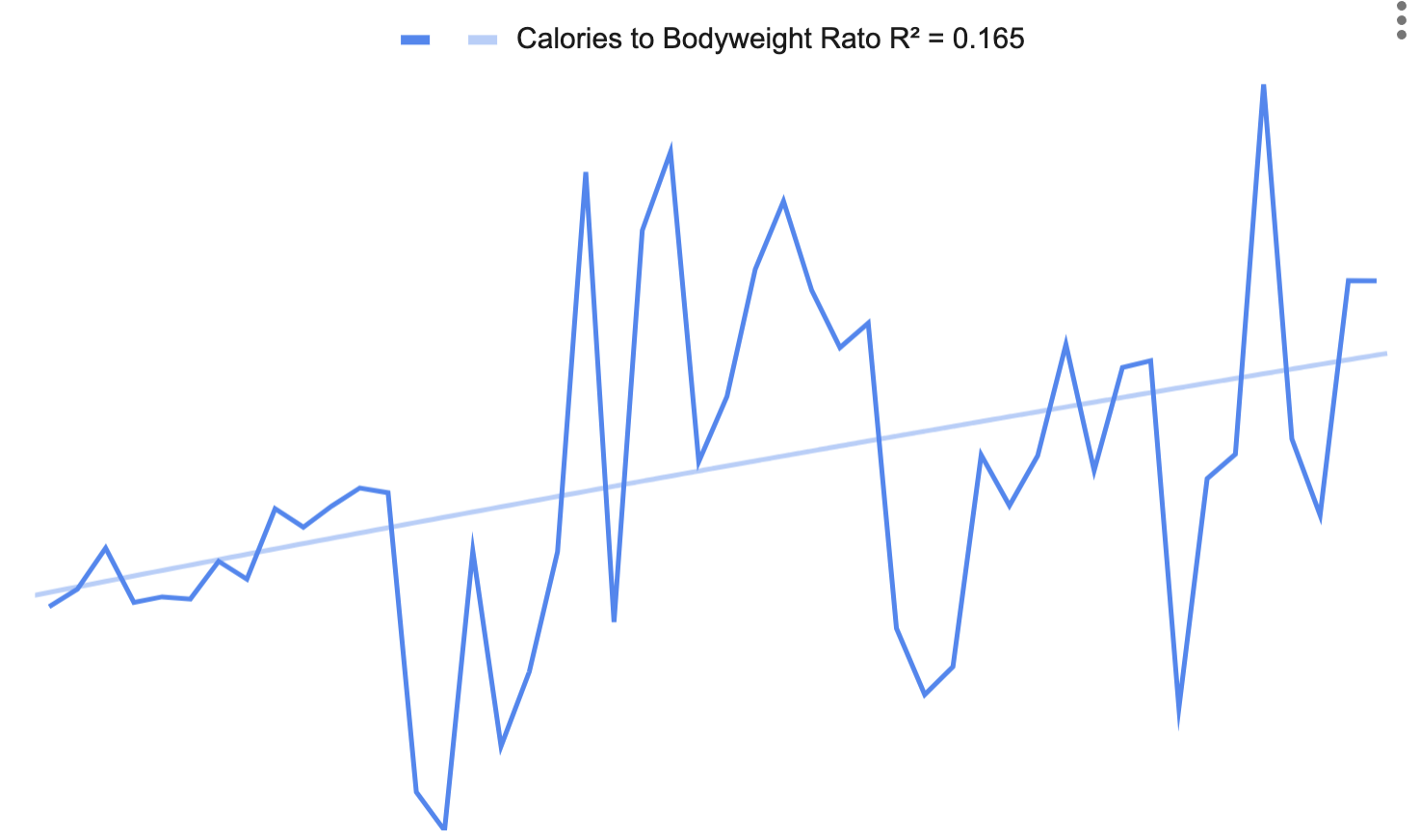
How is that possible, since I weigh more now than I did in January?
I'm eating way more than I did the last time I weighed 170 pounds. In fact, the last time I weighed on 170, I was on another weight cut, eating somewhere around 1900 calories a day. Today, I'm eating around 2450 calories a day.
Why? A few likely reasons: for one, my daily activity is up as a function of daily bike riding to work and regular walks.
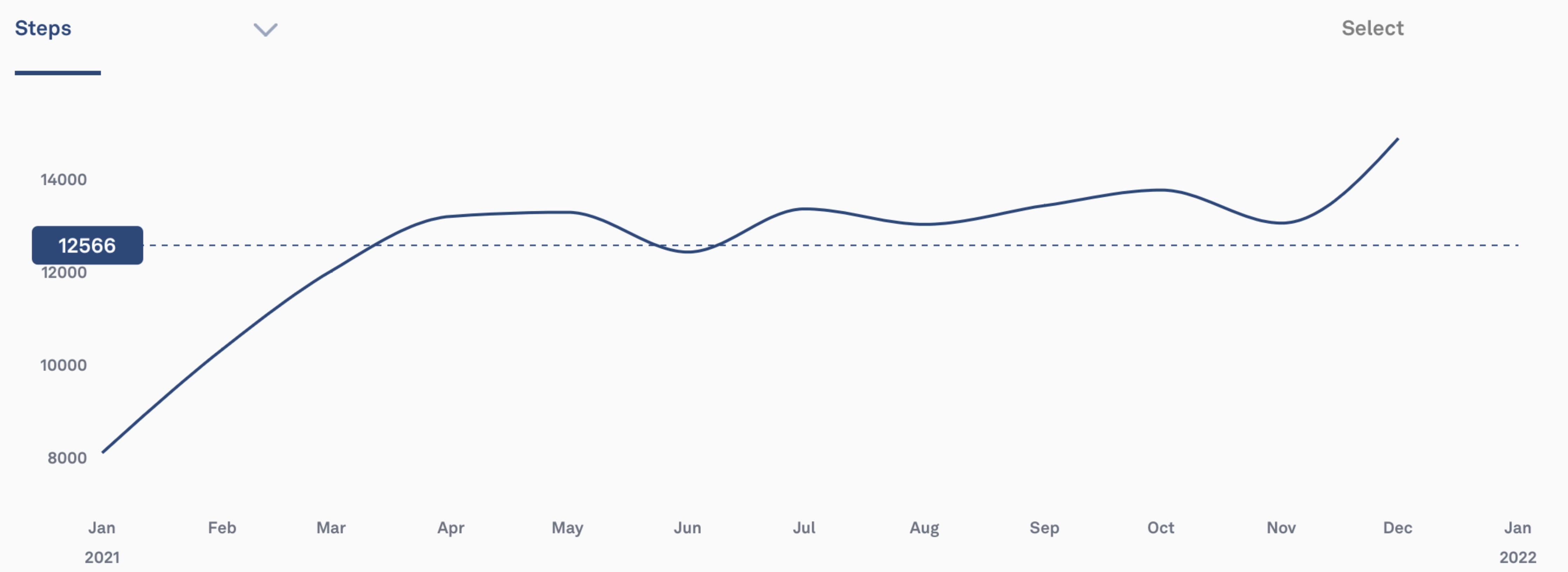
Secondly, my metabolism is most likely higher now thanks to added muscle mass.
Since the Bodyweight to Calories ratio is the number I actually care about, I can cautiously count this year as a success.
However, there are lingering effects of some of my worse decisions to be aware of. My attention to detail in terms of my diet is off, and I need to actively work on that this year. I also developed the bad habit of turning to high-calorie foods as a cure for stress; that's something i'll need to consciously address as well.
WEALTH
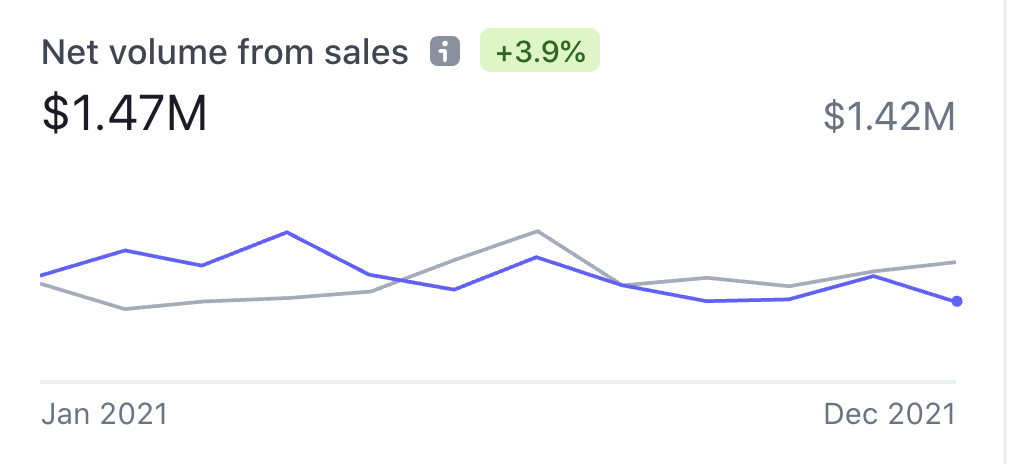
This was one of the most difficult years I've ever had in my business.
We started the year quite strong, only to spend several months embroiled in endless drama over Google suspending our clients from their advertising service. No one ever told us why it was happening, and as far as we can tell none of our clients actually violated any of Google's terms. Regardless, clients would get suspended immediately upon launching a campaign no matter what we did or how many times we complained.
This led to thousands upon thousands of dollars in lost of revenue, not to mention the stress.
The year never seemed to recover from there. Bad reviews, tension in the team, high expenses - all came together to make each month feel like we were just scraping by. I took on personal debt, which weighed heavily on my mind.
And then, finally: I had to let someone go, a team member I've known for years.
I'm sure, for many business owners, this is simply something that happens. For me, it felt like a personal failure.
I've long viewed myself as someone who creates opportunity. I created this business, and the business creates an opportunity to work at a cool place with fun people doing interesting work. I'm the one who comes up with the new idea that becomes the new service, that comes up with the marketing plan that brings in new clients. It is, for better or for worse, my name on the box.
While that's all well and good, it also means that when things aren't working out I view it as my responsibility to think of a way forward. And I really, really tried - so many different marketing angles, service offerings, different types of tasks, different roles...and none of them seemed to work.
So much of this year felt like running uphill with a load on my back, all to reach the top and realize there's nothing there. In the end, I cut pay, cut my own pay, cut expenses, and STILL needed to let that person go.
If I'd been better at my job, I could have avoided all this. That was how it felt, anyway.
Failure sucks and it hurts and I fucking hate it. But failure is also a teacher, and what I learned was that I was avoiding the hard conversations.
The fact of the matter was that the world had changed very quickly over the past year. The market we served was in a very different, very new place, and our service hadn't kept pace. We'd fallen behind, hadn't adjusted, and were paying the price. No amount of marketing was going to fix this underlying issue.
My refusal to see what was really happening led directly to where we are now. That was a painful lesson to learn, but it was one I needed to learn. I took my eye of the ball, and I paid for it.
I'm optimistic about 2022. Why? Because now I know what the problem is. I have a lot of faith in my ability to figure things out, provided I'm pointed in the right direction. 2021 was just the year the universe decided to let me know I was headed the wrong way.
And look - taking the year as a whole, we still grew a small amount over what we did in 2020. We may not have set the world on fire, but we didn't die - and at this point, that's enough.
HAPPINESS
This was where I went off the rails most in 2021.
At home, my marriage came under more strain than ever before, almost entirely because of my own actions. I came close to getting divorced.
At work, the stress felt like it never went away. I stayed up nights, worrying. My head hurt. My stomach churned.
I realized I had no real ways to deal with any of this except by eating, which only made me feel better for a brief moment. Everything felt difficult, and I experienced a surge of what I call "negative thoughts": persistent, extreme negative self-talk that would derail me for days at a time.
Today, I am in a much better place. My marriage is probably stronger now than it's ever been. I feel more connected and at ease than I have in months, maybe years. My emotions, long held down, now feel closer to the surface, more available, than before - that's probably good.
How did the change happen? A few things:
1. We got a really good therapist, went a lot, and I put 100% effort into trying to use what we learned there.
Nothing fancy or new here. This what they call "doing the work." I read the books, took the notes, changed my behavior, expressed myself, tried to be better in any way I could. The results were slower than I wanted but also more than I could have hoped for. That's how the results of hard work tend to show up.
This process isn't over, by the way - I don't know if it'll ever be over. We're still going and I'm still working. But it's worth it.
2. I switched from an inwards focus to an outwards focus.
I'd been very, very centered on my own goals and struggles. My wife pointed out that during the pandemic I'd essentially stopped talking to my friends and family, and that it was affecting my personality in ways I didn't recognize (there are those pesky second and third order consequences again).
So I switched gears. I made reaching out to friends and loved ones a priority. I got back to organizing monthly "Dude Dinners" with a group of high school friends. I worked on texting and calling people I hadn't spoken to in a long time. I made checking the family calendar and making family plans part of my weekly planning process.
The effects of that process have been subtle, but also profound. It's certainly helped my mood considerably, and it's changed my self-image; I always said I was "bad at keeping in touch." Now, I feel like a person who does the work to keep in contact, who makes the plans, who reaches out - the "glue," in other words. My Dad was very much that type of person, and in a way going through this process has made me feel closer to him. It's all a bit hard to quantify or understand, but the feeling is there, and it feels good.
TAKEAWAYS
I'm still struggling with the after-effects of this year, still wondering what it all meant, or what it says about me, or what I should take with me into 2022. I don't think there's ever going to be a clear moral or lesson. But here's what I'm thinking:
2022 is going to be the year of "building my team."
"My Team" means my wife, my kids, my family, my friends, and you. "Building my team" means prioritizing the people around me, building them up, supporting them, and letting them know what they mean to me.
Yes, my own goals are important - trust me, I have several. But none of those goals really matter if I end up alienating the people I care about. And the truth is, building other people up feels good. In fact, it often feels better than achieving something for myself.
2022 is going be the year of managing stress.
I'm not sure "managing" is the right word here, but it'll do for now.
I was completely overwhelmed by stress last year. It sat in my brain and my gut and it colored everything. It ruined my sleep and took the taste out of my meals - and I had no way of dealing with it.
I doubt that all my stress is magically going to go away this year. I'm done thinking there's going to be some kind of "finish line" for the pandemic, or that my business problems are merely temporary. Stress is here to stay.
And IF stress is here to stay, I need to figure out how to deal with it, to harness it, to use it, and to let it go. It's either that, or let it kill me, and I'd prefer to live.
I'm going to be doing a lot of experimentation with stress reduction and management techniques this year.
2022 is going to be the year of keeping my eye on the ball.
Over and over again, during my personal end of year review, I came back to this phrase: "Keep your eye on the ball."
My business ran into problems because I took my eye off of client results and instead focused on revenue.
My relationship ran into problems because I took my eye off of what was working and focused on what wasn't.
My health ran into problems because I took my eye off of my progress and instead focused on weight.
My happiness ran into problems because I took my eye off my relationships with family and friends and focused only on my own goals.
In nearly every part of my life, I took my eye off of the ball. I optimized for the wrong things.
And I paid for it.
This is the lesson, more than any other, that 2021 taught me:
You have to keep your eye on the ball.
This means paying attention to what really matters, not just what's easy to measure.
Sure, you can get your weight down - but are you happy?
Sure, you can get your goals achieved - but are you lonely?
Sure, you can make money - but are you anxious?
Take your eye off the ball long enough and sooner or later it'll hit you in the face.
That was 2021 for me:
I may be heading into 2022 battered and bruised, but you better believe:
My eye is on the ball, now.
And I'm not taking it off.
Yours,
Dan
COOL THINGS TO READ:
Rudyard Kipling's The Gods of the Copybook Headings.

As it will be in the future, it was at the birth of Man
There are only four things certain since Social Progress began.
That the Dog returns to his Vomit and the Sow returns to her Mire,
And the burnt Fool's bandaged finger goes wabbling back to the Fire;
And that after this is accomplished, and the brave new world begins
When all men are paid for existing and no man must pay for his sins,
As surely as Water will wet us, as surely as Fire will burn,
The Gods of the Copybook Headings with terror and slaughter return!
Better Questions Newsletter
Join the newsletter to receive the latest updates in your inbox.

